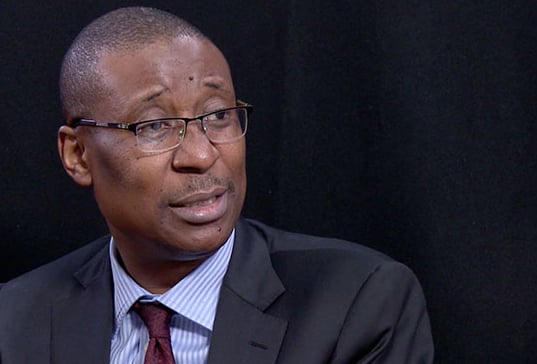Nigeria has signed a new country programme with the United Nations Industrial Development Organisation (UNIDO).
The programme, which is worth $60 million is targeted at inclusive and sustainable industrial development in Nigeria for 2018- 2022.
The programme is to guide UNIDO’s programme/projects interventions in Nigeria during the period and build on the achievements of past country programme.
Okechukwu Enelamah, minister for industry, trade and investment, signed on behalf of the federal government, while Li Yong, UNIDO’s director general, signed for his organisation.
Advertisement
The new country programme, the second in the series of UNIDO’s support to Nigeria covers industrial governance, research and statistics; micro, small and medium enterprise development; special economic zones, industrial parks & private sector development; innovation science and technology management.
Other key areas covered are agro-industry and agribusiness development; minerals and metals development; trade capacity building; renewable energy development; and environmental management programme.
Enelamah listed some of the achievements of the first programme, which ended in June 2018, as:
Advertisement
- support for the development of an industrial policy for Nigeria and for states including Bayelsa, Ebonyi, Oyo, Lagos, Abia, and Edo;
- agribusiness and agro-industry development, including value chains development with the installation of modern rice milling equipment in Ebonyi State and Benue State, and installation of palm oil processing mill in Akwa Ibom State;
- renewable energy development with the identification of over 200 potential small hydropower (SHP) sites in Nigeria; installation of SHP plants in Enugu, Bauchi and Taraba; technical support to five megawatts rice husk (biomass) to energy in Ebonyi; techno-economic feasibility studies and business plans on sawdust (biomass) to energy in nine local government areas in Ogun and Ondo. The SHP plant in Taraba State is the source of power for the Highland Tea Factory which has transformed from bankruptcy to profit;
- development of textile and garments common facility centres in Abia (for leather and garment), Kano (for leather and leather goods) and Delta (for leather);
The minister promised effective collaboration with UNIDO for the success of the programme, which will enhance the implementation of the ERGP.
In his remarks, Yong said the signing of the agreement is important for Nigeria as the country strives toward achievement of the sustainable development goal (SDG) 9 which focuses on building resilient infrastructure, promoting inclusive and sustainable industrialisation.
Add a comment







